THE ECONOMIST: The death of Iran’s president will spark a high-stakes power struggle
Amid a regional war, a fight at home between the clerics and military looms.
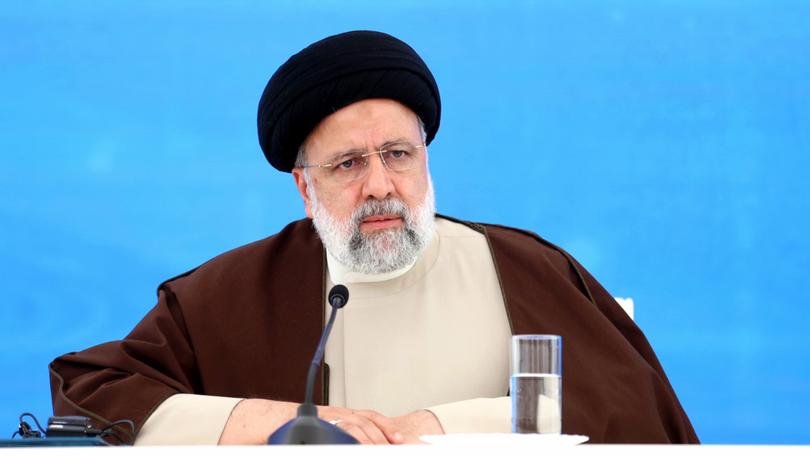
Three years ago, when Ebrahim Raisi won the presidency in a rigged election, some Iranians thought it was a stepping stone to a bigger position.
Ali Khamenei, the ageing, ailing supreme leader, did not have long to live; when he died, Mr Raisi would surely aim to replace him. But history has a sense of irony. Instead of catapulting him to the top job, winning the presidency may have cost Mr Raisi his life.
On May 19th he was returning from a visit to neighbouring Azerbaijan, where he inaugurated a dam on the border.
Sign up to The Nightly's newsletters.
Get the first look at the digital newspaper, curated daily stories and breaking headlines delivered to your inbox.
By continuing you agree to our Terms and Privacy Policy.Authorities lost contact with his helicopter in a mountainous region about 95km northeast of Tabriz.
At first they insisted there was no cause for alarm: the president’s helicopter had made a “hard landing”, although, confusingly, several Iranian news agencies reported that he travelled onwards to Tabriz by car.
Within hours, though, those reports had been deleted, and state television began to broadcast prayers for the president.
It has now been confirmed he, and all those on board with him, including foreign minister Hossein Amirabdollahian, 60, are dead.
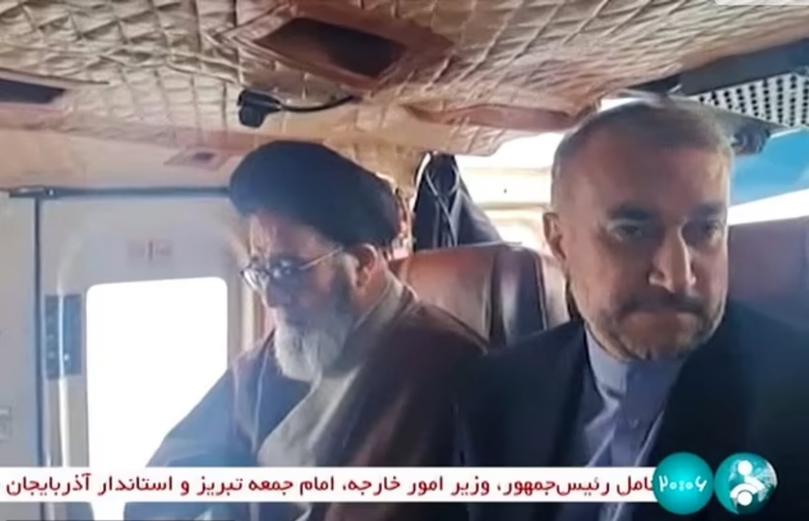
In many ways, Mr Raisi has been a figurehead: the president is subordinate to the supreme leader. But his death will nonetheless shake Iranian politics.
It will force the regime to find a new president in short order at a difficult time: it is engaged in a regional war that encompasses direct military action by Iran and its network of regional proxies.
Iran’s adversaries, including America, Israel and Saudi Arabia, are considering deepening their security links in order to counter Iran.
The economy is sinking and could be hit further by tightening American sanctions. And Mr Raisi’s death will also throw Iran’s looming struggle into chaos, by removing one of the two leading candidates for Mr Khamenei’s job.
Much is still unclear, starting with why Mr Raisi’s helicopter crashed.
The official story so far is bad weather. It was rainy and foggy during the flight, with visibility said to be of just a few metres.
Conditions were bad enough that rescue workers could not fly in to look for the president, and even drones could not find the crash site; the Red Crescent resorted to sending search teams on foot.
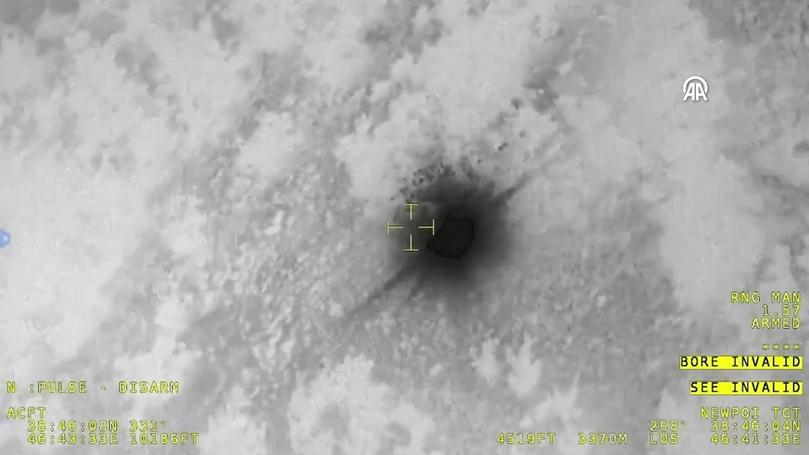
Mother Nature could well be the culprit.
Nothing is ever as it seems in Iranian politics, though, and many Iranians have begun to speculate about more nefarious explanations.
Mr Raisi has a long list of internal enemies, from the relative moderates he has marginalised to the fellow conservatives who think he has been an inept president. It is not unreasonable to wonder if domestic foes conspired to kill him.
Unsurprisingly, some Iranians have also wondered if Israel had a role in the crash.
The two longtime foes came to blows last month, after Israel assassinated an Iranian general in Damascus and Iran retaliated with a volley of more than 300 missiles and drones aimed at Israel.
The Mossad, Israel’s spy service, has a long history of assassinating its enemies, including in Iran, where it has killed prominent nuclear scientists.
But there are strong reasons to doubt Israel’s involvement. It has never gone so far as to assassinate a head of state, an unequivocal act of war that would invite a fierce Iranian response.
It would be foolish to risk such consequences to kill Mr Raisi, a deeply unpopular politician who does not actually have the final say in many of Iran’s most important policy decisions.
Few Iranians will mourn him.
Instead, they will remember him as the “hanging judge”, a prosecutor in Tehran who helped send thousands of political prisoners to the gallows in 1988.
And they will remember his clueless handling of the economy—the president who stocked his cabinet with military men and clerics who watched as the rial lost 55 per cent of its value in less than three years.
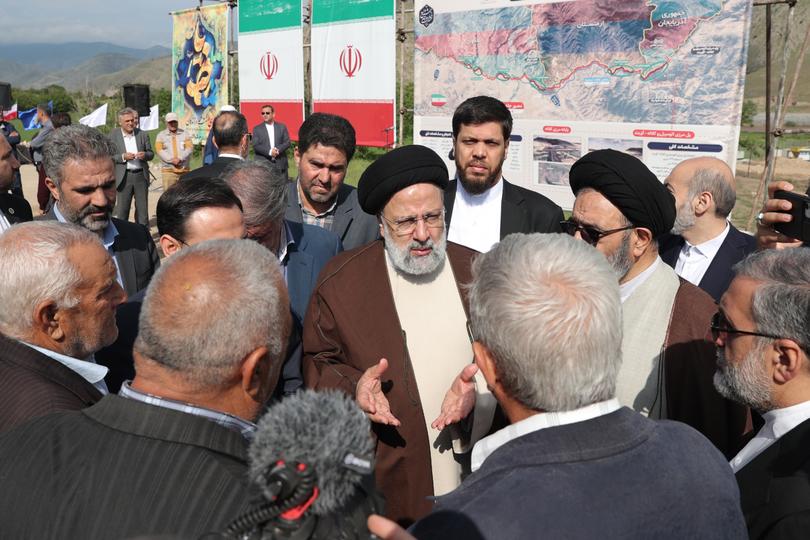
The constitution sets out a clear process for succession.
A new election must be held within 50 days, with the vice-president, Muhammad Mokhber, assuming the presidency until then.
He is known as an apparatchik rather than a power player.
The Guardian Council, a group of clerics and lawyers, decides who is allowed on the ballot.
Before the last presidential election, in 2021, they disqualified hundreds of would-be candidates; of the seven allowed to run, only Mr Raisi had a plausible shot at winning.
While the regime is unpopular with many Iranians it is likely that it can suppress any public protests that break out around an election, as it has in the past.
Mr Raisi has been an ideal consensus candidate for a factious regime. No one could question his hard-line credentials, but he has lacked a power base of his own.
Religious conservatives have hoped to use him to advance their interests; so have the military men of the Islamic Revolutionary Guard Corps (IRGC).
If Mr Raisi is gone, it is not clear who else can fill that role.
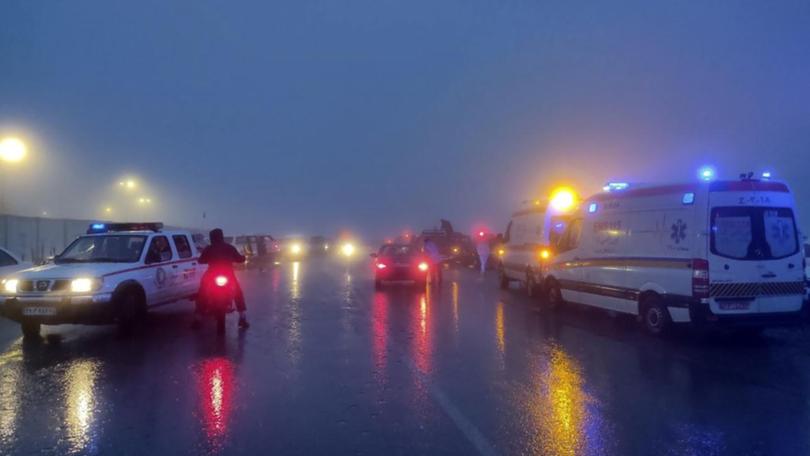
The IRGC appears to be in the political ascendant: its belligerent influence explains Iran’s recent and unprecedented attack on Israel.
However, that does not necessarily mean it will want to be seen to be appointing the president, partly because the holder of that position gets blamed by the public for Iran’s miserable economic position.
The more important succession, though, lies a bit further in the future.
Mr Khamenei turned 85 last month.
In recent years Iranians have thought there were just two leading candidates to take his job after his death.
One was Mr Khamenei’s second son, Mojtaba, who has been souping his religious credentials in recent years and is committed to the longevity of the regime.
The other was Mr Raisi. Though other clerics are mentioned as dark-horse candidates, it is hard to imagine them winning enough support.
Still, neither of the front-runners had an obvious lead: Mr Raisi was unpopular, and Mojtaba would represent a hereditary transfer of power in a regime that came to power by overthrowing a hereditary monarchy.
If Mr Raisi is dead, Mojtaba would seem to have a clear path to the top job.
He would rely on the IRGC to weather any backlash — and that, in turn, could strengthen the IRGC’s role within the regime.
Iran might evolve from being a hybrid military and clerical regime to being more of a military one. That could mean less religious conservatism at home but even more antagonism abroad.
For years, hardliners had tried to ensure a smooth succession: they installed Mr Raisi as president and a crop of conservatives in parliament.
Now they will have to find a new president at short notice, and some politicians will wonder if other politicians orchestrated the helicopter crash to advance their interests. There will be nervous days ahead for the regime.
